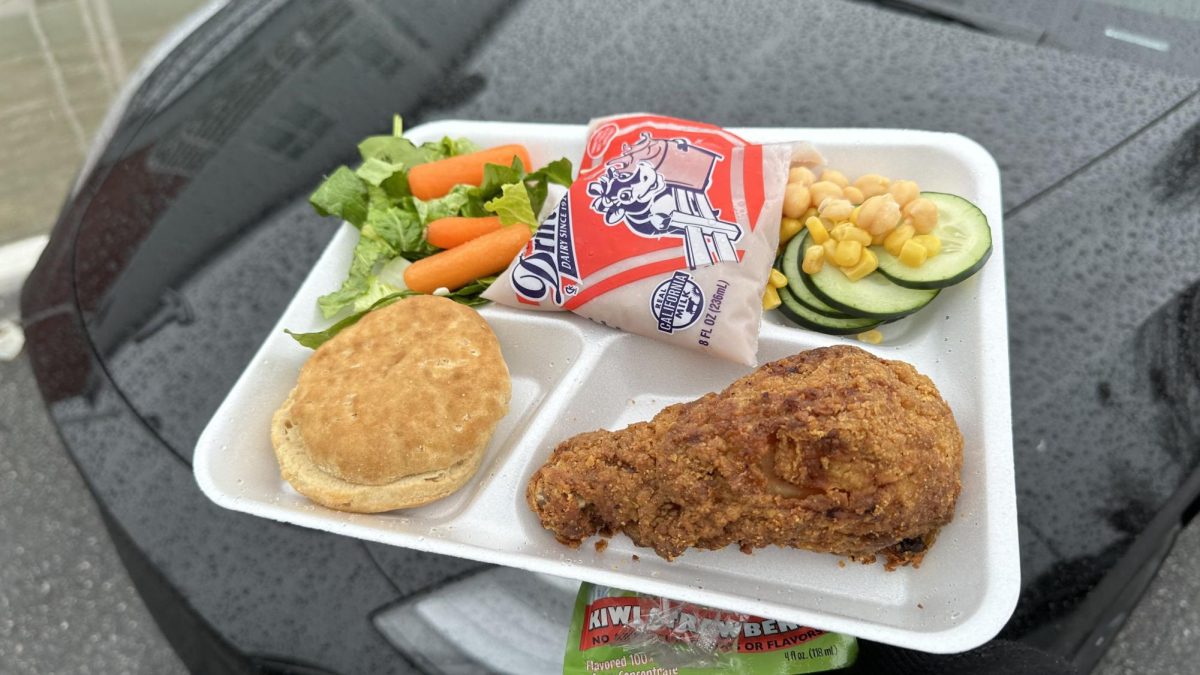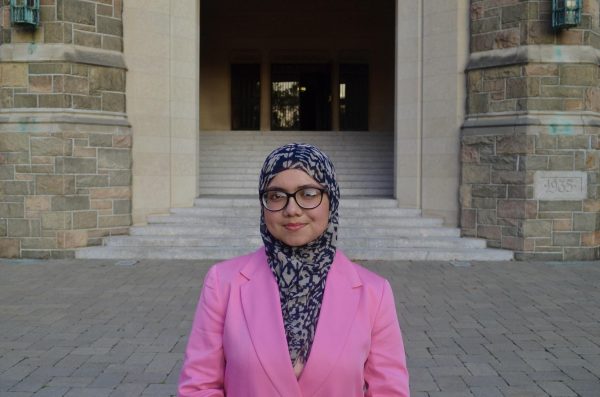As a resident of the Bronx and a former student of the New York City Department of Education (DOE) system, the pace at which significant changes are being implemented and the scale of these changes concerns me. Honestly, the thought of what will come next scares me. My younger sister attends a NYC public school, so hearing about it from her and reading about it in the news is frustrating because it’s no wonder school standards have kept falling right alongside the budget. Before graduating, all I heard were hopes for a raise in the allotted budget for NYC public schools since the existing amount was already causing deterioration. Instead of increasing funding, the city has cut down to an expense that had barely been keeping the DOE afloat. New York City Mayor Eric Adams justifies these budget cuts as a means to manage the migrant crisis and attempts to direct funds toward this growing issue at the expense of the city’s own police force, public libraries and schools. What is a city, especially one of the biggest cities in the world, without a working police force and properly funded education for all New York City students?
It has now even spread to the lunches provided to public school students. While students were already picky about what was on the menu previously, they have even more reason to complain now. The few favorites that did exist, like roasted chicken, chicken dumplings, cookies, and bean-and-cheese burritos are now considered “too expensive” and will be scrapped from the menu starting this month. According to the nonprofit news outlet Chalkbeat, Jenna Lyle, spokesperson for the Education Department, attempted to diminish the impact of these changes, stating that the agency “will continue to work to prioritize student choice wherever possible,” and yet the reality students saw was their cafeterias being nearly empty, devoid of even the salad bar. A student who spoke to Chalkbeat stated the chicken tenders that were usually on the menu weren’t available, saying, “I didn’t eat anything. I was like, ‘Ooh, maybe I should get a salad,’ but they cut that out too.” Cutting down budgets shouldn’t just consist of removing items from the menu, there should be solutions presented as well. Simply getting rid of foods deemed expensive without providing for the large student population is baseless and irrational, and claiming to do as much as possible when these are the actual outcomes is just irresponsible.
This doesn’t help the issue of food being thrown out in schools, either. According to the New York Post, an elementary school principal in Brooklyn claimed, “Even though they are pushing these vegan menus down the kids’ throats, so much of it goes in the garbage because the kids don’t like it.” Reducing funding won’t do anything if all the effort ends up going straight to waste, which implies more money going down the drain. Introducing less popular foods on their own, without any of the old popular options to go along with them, has been unsuccessful. Healthier, more cost-effective options should absolutely be presented to students, but not while completely disregarding the menu routines that have been followed for years prior. Favorites regarding school lunches have always been known and, if anything, the DOE should strive to alter these existing foods to be healthier rather than forcing unpopular ones.
According to reports from Chalkbeat, Kirk Jaudes, the chief operating officer for the International Food Solutions, the company that provides chicken dumplings exclusively to public schools, stated that the city hadn’t provided information in advance, making the sudden menu alterations turn into a reason for them to consider layoffs since the 2 million servings produced per month aren’t needed anymore. Jaudes went on to further mention, “If even fewer students eat lunch because of the menu changes, that could lead to lower reimbursement from the federal government, which in turn can lead to cuts that further diminish the quality of the food,” which turns into a cycle that only leads downward from here. In addition, it’s important to note the fact that New York City is an economically diverse city, and as stated in the Guardian, “For students who depend on school lunch and breakfast, having more options in the cafeteria can be the difference between eating and not eating.” Parents who do not have the time to provide their children with a home lunch to take to school are now further burdened by the knowledge that their child is not provided with decent meal options at school. Chalkbeat went on to speak about how “multiple broken display cases sat empty and unstocked, while only one was filled with hot food for a building with five schools and more than 2,000 students.” The president of one school’s Parent Association called this “child abuse” since “it looks just like a desert.”
Adams’s decision to cut down funding from an aspect of the city that needed more seems pointless when all efforts seem to go to waste. Why continue to maintain the false pretense of being able to provide for the migrant crisis, even going so far as to invite more migrants in the past year instead of speaking on how it isn’t possible to handle? Without proper leadership, NYC is already struggling. If the only way possible to deal with the crisis is by taking it away from one’s own city, then it must be high time to ask for assistance and explore another way.
Haniyyah Usmani, FCRH ’27 is undecided from The Bronx.










































































































































































































